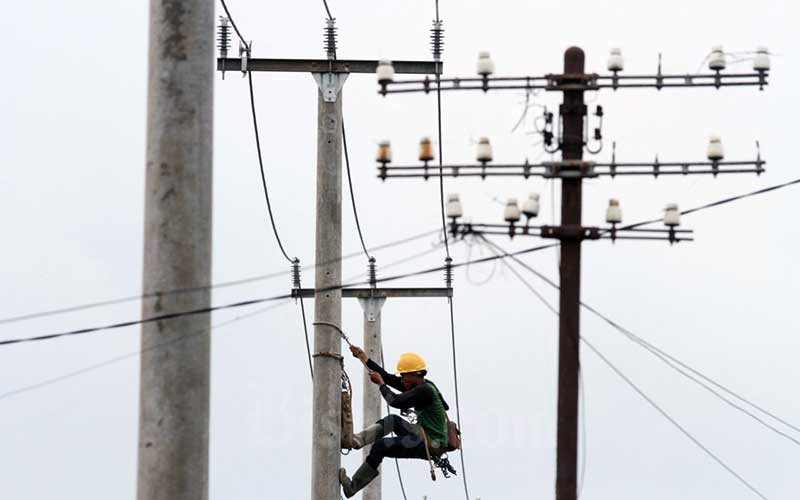[ad_1]
Newsday Reporter

FOR some tweens and teens, school is not a comfortable or pleasant place. While most adolescents will oscillate through moments during which they are not in the mood for school, the vast majority will revert to a baseline of daily willingness and even happiness to attend. There are some students who find it so difficult and overwhelming that they experience significant, distressing anxiety when attending. In order to relieve this anxiety, a child or teen may begin to avoid school. This is called school refusal. School refusal can take many forms. It can include behaviours like extreme procrastination leading to late arrivals, panic attacks, screaming or tantrums at drop offs, early departures from school or outright refusal to attend. In addition, many young people will report confusing or inconsistent physical symptoms including headaches, fatigue or abdominal pain, leading to repeated and often unnecessary medical examinations and tests. These can be extremely difficult to assess due to the overwhelming distress that the young person is experiencing.
School avoidance allows young people to escape distressing aspects of the school day, which provides immediate short-term relief. However, after continued absences, it becomes dramatically more difficult to overcome the distress of attending and this results in cumulative deteriorations. Academic decline begins, followed by worsening social disconnection from peers and teachers, both of which make it even more challenging to resume attendance. Over time, the lack of coping skills worsens which creates a vicious cycle of further refusal. This can be an extraordinarily difficult situation to manage.
Missed schoolwork and social connections become enormous quite quickly. With each week of missed school, the issue becomes larger and more difficult to control. Take time to communicate with the young person to unearth issues such as bullying (in person or online) or difficulties learning or understanding which can be assessed and treated. While sometimes these are the root causes, in most cases school refusal is a manifestation of anxiety. Explore whether the tween or teen is able to articulate the reasons why they want to avoid school. These can include symptoms of anxiety, fear of large groups or people or anxiety related to separation from parents.
The school is a key partner in combating school avoidance. Contact school officials promptly to share the facts about why the young person is not attending school. While there is often disbelief regarding this topic, parents need to be proactive. The more informed the school is about why school avoidance is occurring, the better they are able to assist. Collaboratively problem-solve with your teen and the school by identifying small steps that can be done to address the issue. These may include arrangements around drop-offs, use of smaller classrooms or more private offices during break-times or agreed earlier departure times on some days to ease back into full daily attendance. There is no one approach that works for every teen. Efforts must be tailored to the individual young person, their challenges and needs.
From the parental perspective, parents should be firm and consistent about the need for school in the holistic sense, and not only harp on academic performance. On days when the young person stays at home, the environment should not be that of vacation mode. Hours spent in bed or on devices serve only to widen the gap between the discomfort of school and pleasures of home, which makes it even more challenging to effect behaviour change. If medical symptoms are the presenting feature of the anxiety, ensure that a knowledgeable healthcare provider does a comprehensive assessment and is aware of the element of school refusal. This prevents frequent trips to emergency rooms or to different practitioners, which only lead to duplications in expensive medical tests. These are not only unnecessary but can fuel the misplaced belief that there is a physical reason to justify the school absence. These medical duplications are a primary reason why school refusal management is often delayed. Well-meaning providers often do not have a complete picture of the scenario.
School avoidance is a serious problem that can worsen rapidly. Parents should take early and proactive measures to work with the school, guidance counsellors, mental health providers and the young person to implement strategies. While there can be disbelief as to the severity of the situation, in order to preserve academic potential and overall social functioning it is important for parents to recognise the entities of school anxiety and school refusal so that the most effective interventions can be done as soon as possible.




